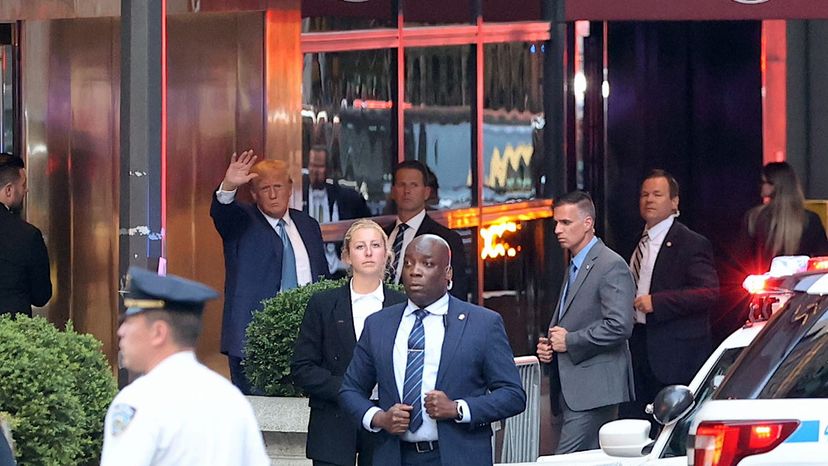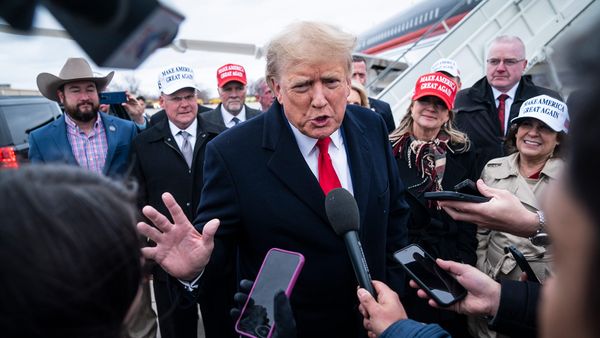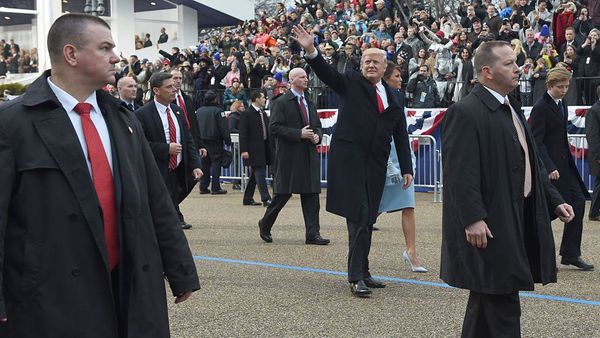
Under current United States federal law, all former presidents are entitled to lifetime protection from the Secret Service. Barring an act of Congress or a presidential executive order, the Secret Service is bound by law to protect former presidents for life. There aren't any exceptions listed in the statute governing the protection of former presidents.
The only legal reason currently for abandoning protection would be if a former president waived his right to his Secret Service detail, which only one former president has ever done. Richard Nixon waived his Secret Service protection 11 years after leaving office in disgrace following the Watergate scandal. (Nixon decided to pay for his own protection to save the U.S. government some money.)
Advertisement
But now, former President Donald Trump has been indicted on 37 counts by the U.S. Justice Department for mishandling classified documents he kept after leaving office and then obstructing the government’s efforts to recover them. He could face up to 20 years of prison time for obstruction of justice, the charge with the highest penalty. Trump was previously indicted on multiple felony charges related to misstating the purpose of a payment to the adult film star Stormy Daniels. (This can be considered a felony if it is done to hide another crime.)


